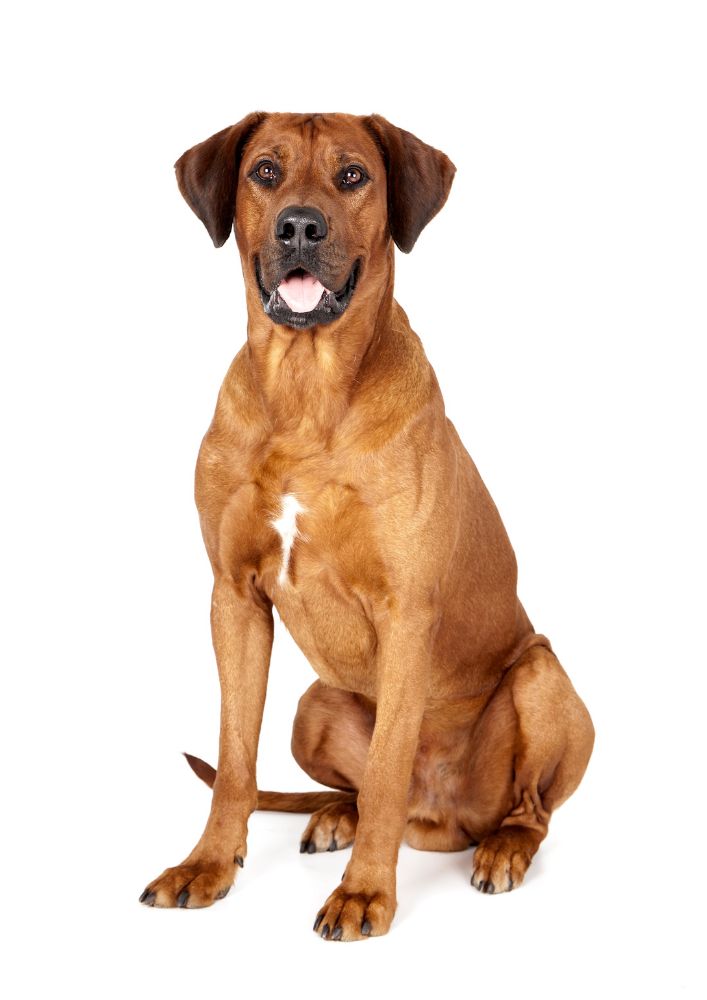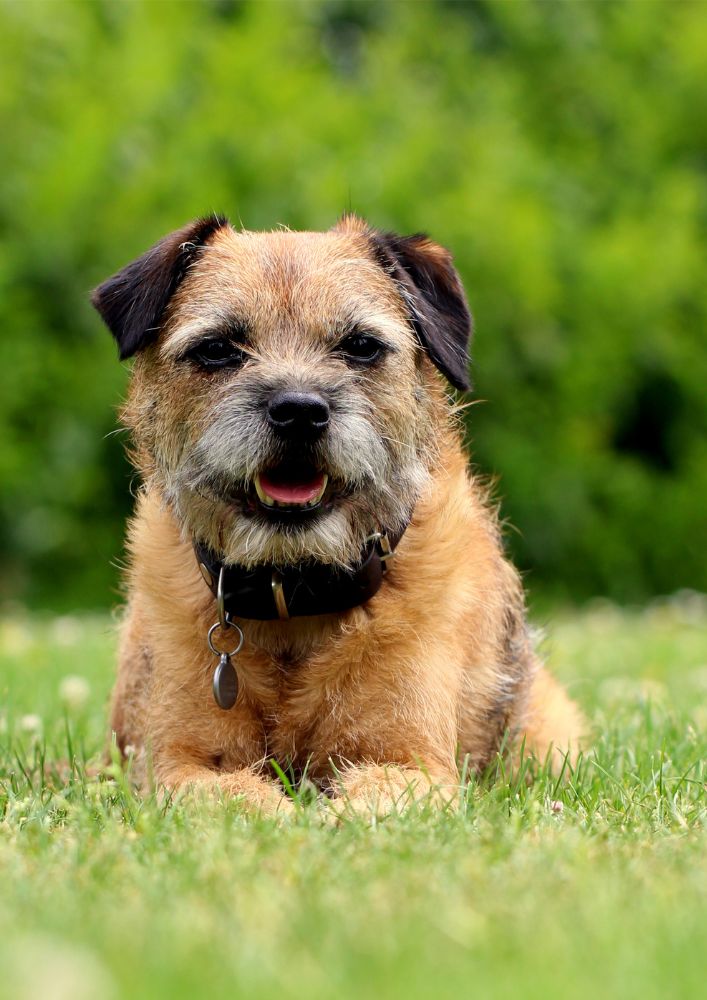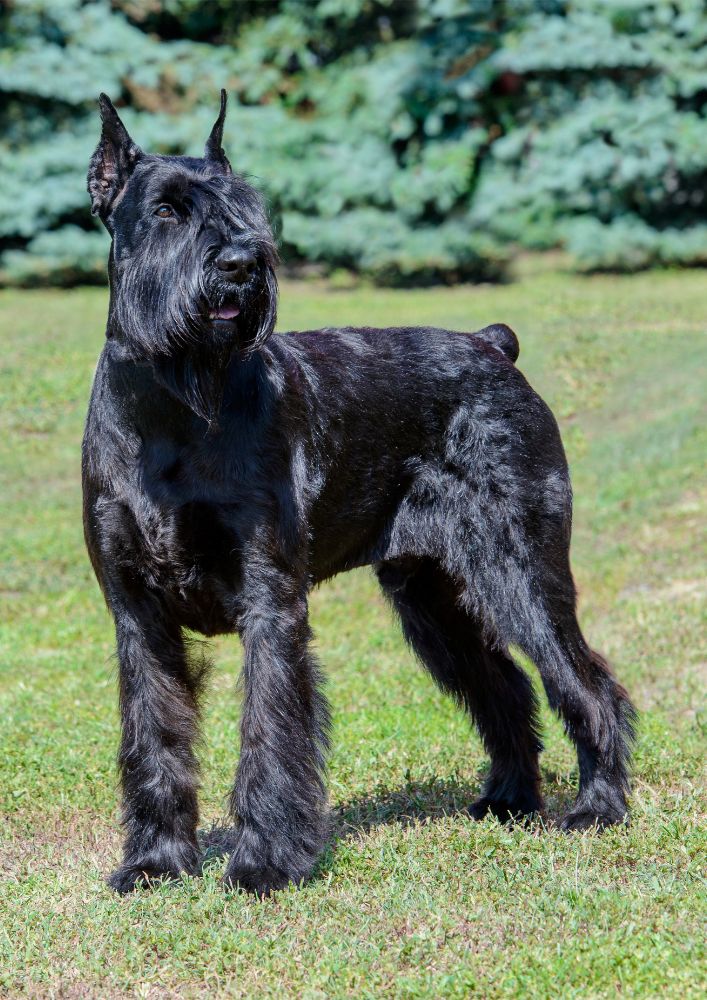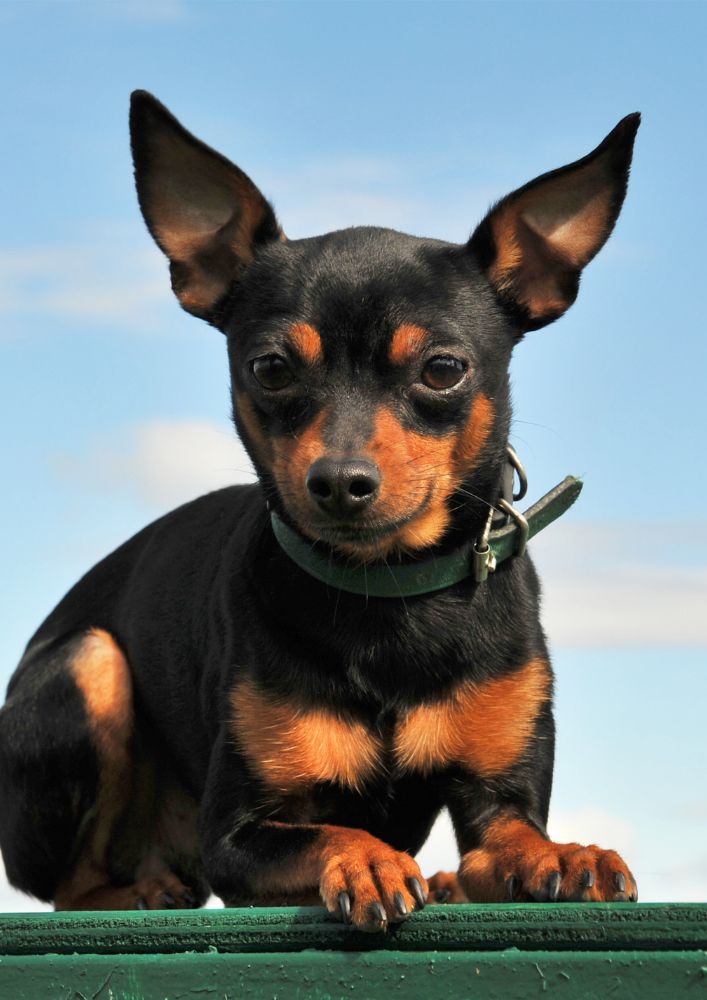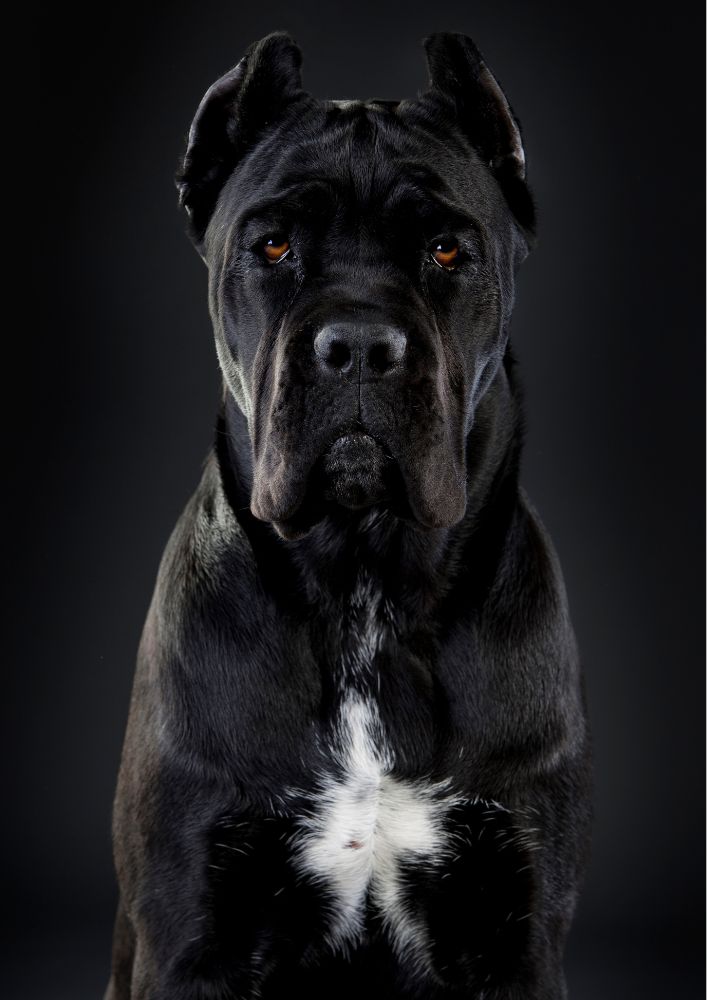Everything You Need to Know About the Rhodesian Ridgeback
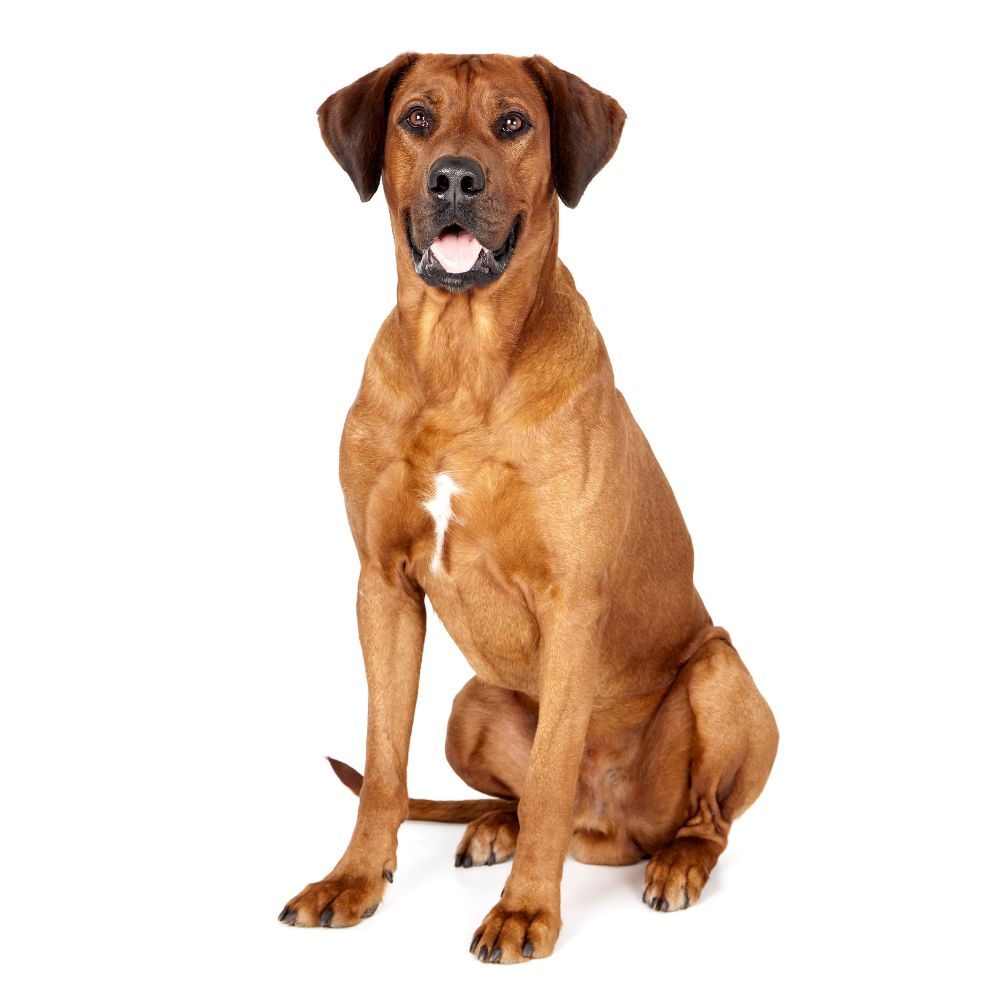
Rhodesian Ridgebacks are powerful and athletic dogs known for their distinctive ridge of hair along their back. Originally bred in Southern Africa to hunt lions, they are now beloved for their loyalty, intelligence, and affectionate nature. Rhodesian Ridgebacks make devoted family pets and excel in various dog sports and activities.
A Brief History
Rhodesian Ridgebacks originated in Southern Africa, where they were developed by crossing indigenous Khoikhoi dogs with European breeds brought by Dutch settlers. They were originally used by the native tribes to hunt large game, including lions. The distinctive ridge of hair along their back, which grows in the opposite direction to the rest of their coat, is their most notable feature and gives them their name.
Appearance and Size
Rhodesian Ridgebacks have a sleek and muscular build, reflecting their athleticism and endurance. They typically weigh between 70 to 85 pounds (32 to 38 kg) and stand at 24 to 27 inches (61 to 69 cm) at the shoulder. Their short coat is dense and glossy, coming in various shades of wheaten to red, often with a black mask on their face.
Temperament
Rhodesian Ridgebacks are known for their gentle and affectionate nature with their families. They are loyal and protective without being aggressive, making them excellent companions and watchdogs. They are reserved with strangers but warm up quickly once introduced. Rhodesian Ridgebacks are also known for their independence and strong-willed personality, requiring consistent training and socialization from an early age.
Living Conditions
Rhodesian Ridgebacks do best in homes with ample space to move around, such as a house with a fenced yard. They enjoy outdoor activities and need regular exercise to keep them mentally and physically stimulated. Despite their size, they can adapt to apartment living if provided with enough daily exercise and mental stimulation.
Compatibility with Family and Pets
Rhodesian Ridgebacks are affectionate and loyal towards their families, including children. They are generally good with older children who understand how to interact with dogs respectfully. Early socialization is crucial to help them get along with other pets in the household, though they may have a high prey drive towards smaller animals due to their hunting background.
Grooming Needs
Rhodesian Ridgebacks have a short coat that is easy to maintain. They shed moderately and benefit from weekly brushing to remove dead hair and keep their coat shiny. Regular grooming also includes nail trimming, ear cleaning, and dental care to maintain overall hygiene and health.
Exercise Requirements
Rhodesian Ridgebacks are active dogs that require daily exercise to stay healthy and happy. They enjoy activities such as jogging, hiking, and playing fetch. Mental stimulation through training sessions and interactive toys is also essential to prevent boredom and destructive behavior.
Training Tips
Rhodesian Ridgebacks are intelligent but can be independent, which may require patient and consistent training methods. Positive reinforcement techniques, such as praise and treats, work well to motivate them during training sessions. Early socialization with people and other animals helps them develop into well-mannered adults.
Social Behavior
Proper socialization is crucial for Rhodesian Ridgebacks to ensure they are confident and friendly in various situations. Early exposure to different environments, people, and animals helps them become well-adjusted and reduces any potential for shyness or aggression. They form strong bonds with their families and enjoy participating in activities together.
Common Health Issues
Rhodesian Ridgebacks are generally healthy dogs, but like all breeds, they can be prone to certain health issues. These may include hip dysplasia, elbow dysplasia, and dermoid sinus (a congenital skin defect related to their ridge). Regular veterinary check-ups, a balanced diet, and maintaining a healthy weight are essential for their overall well-being.
Lifespan and Care
Rhodesian Ridgebacks have a lifespan of about 10 to 12 years. Providing them with proper care, including regular exercise, a nutritious diet, grooming, and veterinary check-ups, can help ensure they live a long and healthy life. They thrive on being part of a loving family and enjoy participating in various activities that engage their physical and mental abilities.
Rhodesian Ridgebacks in Work and Service
Beyond being family pets, Rhodesian Ridgebacks excel in various roles such as search and rescue, therapy work, and competitive dog sports. Their intelligence, agility, and loyalty make them versatile and capable companions in different environments. They are known for their dedication and willingness to serve, making them valued members of the community.
Conclusion
Rhodesian Ridgebacks are admired for their strength, loyalty, and affectionate nature. Whether as a loyal companion, a dedicated working dog, or a cherished family member, Rhodesian Ridgebacks bring joy and companionship to those who appreciate their unique qualities. If you’re considering adding a Rhodesian Ridgeback to your family, you’re choosing a breed known for its courage, loyalty, and unwavering devotion.
Thinking about adopting a Rhodesian Ridgeback? Check local shelters or breed-specific rescue organizations to find Rhodesian Ridgebacks in need of loving homes.
Gallery
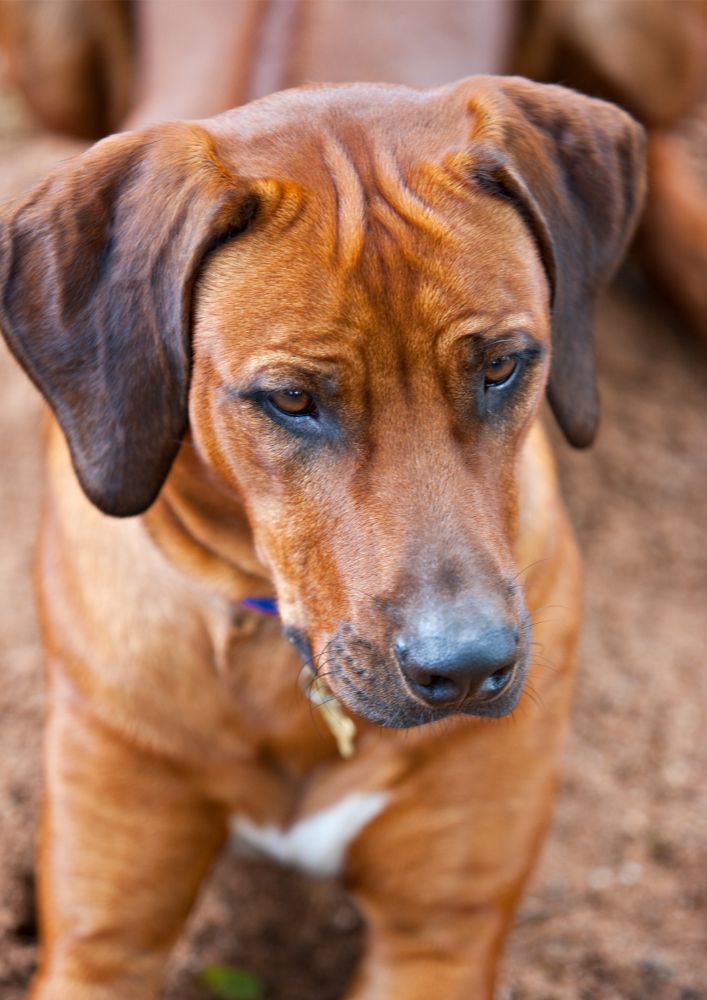
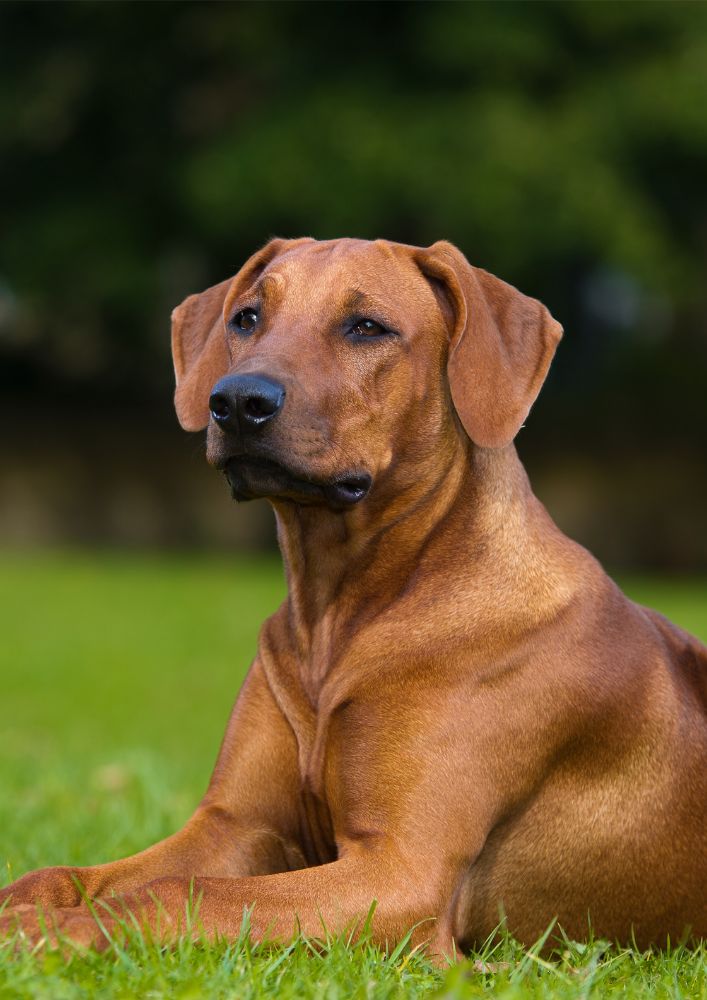
Quick Facts
- Size: Large
- Lifespan: 10-12 years
- Group: Hound

